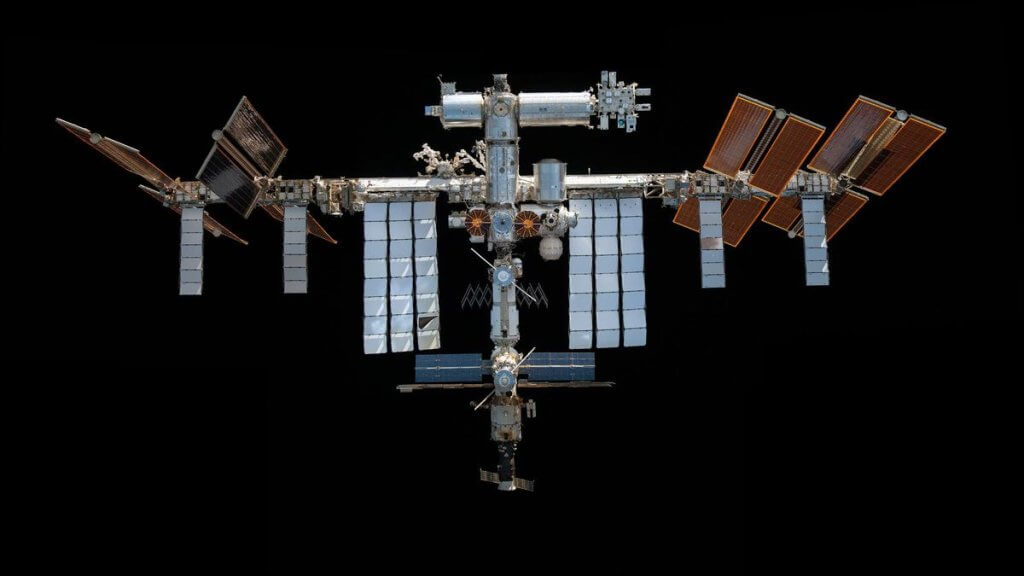NASA will have a hand in training two Indian astronauts, one of whom will fly to the International Space Station (ISS) late next year, agency administrator Bill Nelson told reporters on Tuesday (Nov. 28).
Nelson is currently on a week-long, multi-city visit to India to meet politicians and space agency officials in an attempt to boost NASA’s partnership with the Indian Space Research Organisation (ISRO). Previously, both space agencies had pledged to cooperate on future space projects, including planetary defense and a joint effort concerning the ISS.
In a meeting in New Delhi this week, Nelson congratulated Jitendra Singh, the deputy minister for science and technology, for the country’s historic Chandrayaan-3 mission, which successfully touched down near the south pole of the moon a few months ago.
NASA is now awaiting approval from ISRO to kick off astronaut training, Nelson said.
Related: Canada soars into space with new moon and ISS astronaut missions
“It would be a year from now,” he told NDTV’s Pallava Bagla. “It would be the end of 2024 that the Indian astronaut would go to the space station, probably for two weeks, and then they would conduct scientific experiments that would be of importance to India.”
This week, Nelson also met with Rakesh Sharma, the first Indian citizen to visit low-Earth orbit in 1984 on a week-long trip to the Soviet Union’s Salyut 7 space station. Close to 40 years later, for its next venture into space, ISRO chairman S. Somanath said the agency will likely select four astronauts for training.
“All four will get overseas training and two shortlisted candidates will undergo training at NASA,” said Somanath.
It was not immediately clear whether the astronauts would also receive training for moon landing missions, which India hopes to achieve by 2040.
Meanwhile, both space agencies are jointly launching the NISAR Earth observation satellite early next year.
“It’s important that we do this as partners,” said Nelson.

